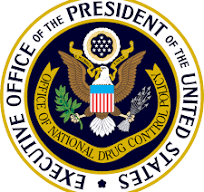The Office of National Drug Control Policy (ONDCP) highlights the strong link between drug use and criminal behavior, recognizing addiction as a disease requiring public health and safety interventions. The administration aims to break the cycle of drug use and crime through innovative, evidence-based approaches. These include smart probation strategies, like Hawaii's HOPE program and South Dakota's 24/7 Sobriety Project, which emphasize swift and certain sanctions for violations, reducing recidivism and saving costs. Drug courts, which combine treatment with judicial oversight, have shown success in reducing substance use and criminal activity. The administration supports expanding these programs to improve public safety and health outcomes while reducing correctional costs.





